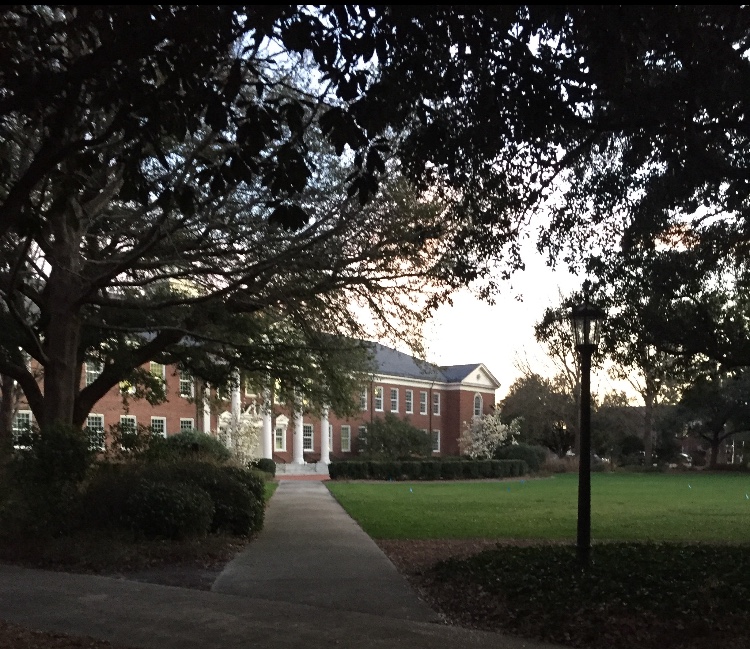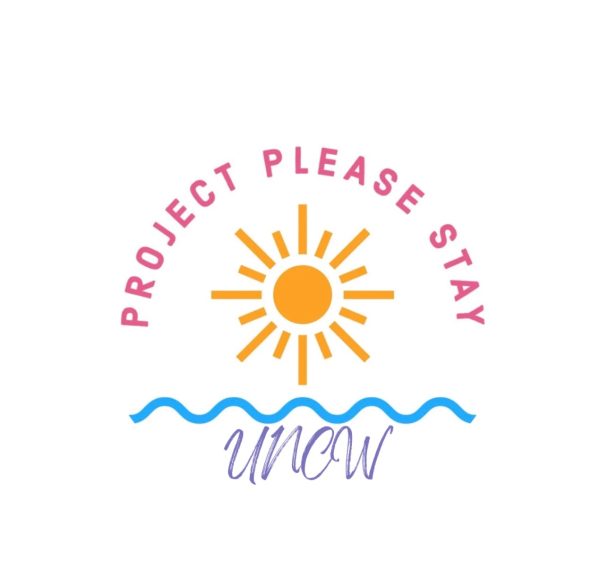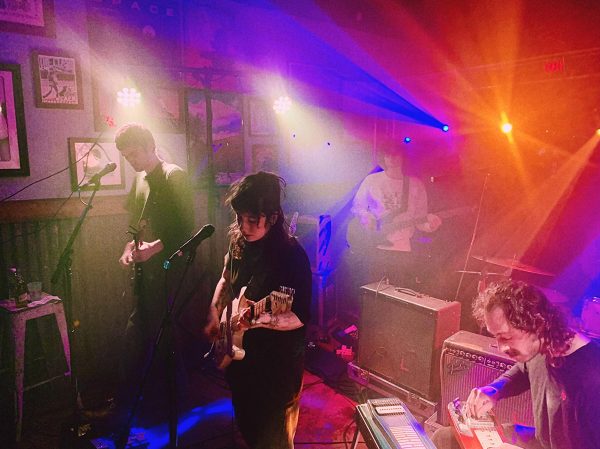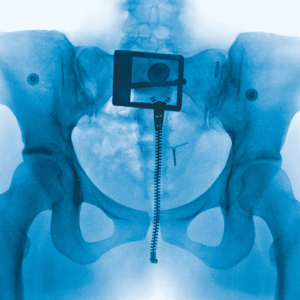“Wilmington on Fire” panelists discuss white supremacy, reparations, and why your vote matters
This post was updated on Sep. 23 2020 to include a link to resources provided by the curators of this panel.
On the evening of September 15, a virtual crowd gathered around monitors or cell phones to listen to a group of activists answer questions inspired by the documentary “Wilmington on Fire, ”which was screened at UNCW on September 11.
The panel was moderated by UNCW’s Chief Diversity Officer (Interim), Dr. Donyell Roseboro and the panelists included the documentary’s creator Chris Everett, UNCW professor of criminology and sociology Dr. Kim Cook, historian and antiracism educator Lettie Shumate and community pillar Bertha Boykin Todd.
The conversation spans the width of various touchy topics—the 1898 Coup’s lingering debt, the “trend” of the Black Lives Matter movement, the responsibility of white people—and each panelist offers their thoughtful responses, bolstered by their years of research and experience.
“White supremacy can be defined as a political, economic, social system where white people are overwhelmingly the ones that are in power and have access to the resources and control the resources,” said Shumate in response to a question about defining white supremacy. “Also, it can be conscious and unconscious and I think that’s something people need to remember because, in this conversation of white supremacy, people will be like “Oh I didn’t know” and that doesn’t matter.”
White supremacy’s tangible presence in America, and the subsequent reinforcement of white privilege, keeps persons of color disadvantaged. In Wilmington specifically, the road to desegregation was a difficult one and today only a little more than 5% of the undergraduate students at UNCW are Black.
In response to a question about generational poverty and why vulnerable populations seem to stay vulnerable across generations, Todd delved into the effects of the Massacre of 1898—focusing specifically on the story of Thomas C. Miller.
“Thomas Miller was one of the wealthiest men in the city of Wilmington. He was a pawnbroker, he was a realtor and he made loans to both Black and white. Many whites didn’t like that of course,” Todd said.
She described how, after the Massacre of 1898, Miller was incarcerated and told to leave town.
“What happened to his property? What happened to the wealth? What happened to the bank account?… His descendants may have been millionaires by this time. That property was lost and was taken.”
Cook, who has dedicated her life to checking her white privilege and fighting racism, has also begun a petition for the state to give reparations to the victims of the Massacre of 1898.
In the petition’s mission statement, Cook describes the plight of Black people in a world dominated by white supremacists. She writes:
“It’s time for Wilmington and New Hanover County to publicly make amends for the harms done to African American and Indigenous people here; harms that have not been remedied. It is never too late to make amends; it is never too late for the truth to be heard and acknowledged. It is never too late to offer reparations. In fact, it is the right and just next step for our government to make. This is a debt owed.”
Chris Everett described the widespread propaganda about Black lives–including media depictions of crime rates in the Black community— and expressed how this led him to begin making the film “Wilmington on Fire.”
“I think that’s the responsibility of folks like myself to really step up to the plate, to really try to counter it as much as we can. Yeah, the propaganda does exist but it’s still up to folks like myself—you know, people like Lettie, Ms. Todd and others–whether we’re writing books, whether we’re doing films, whatever, to really keep pushing it out there, the real narrative and the real story of our people, history and culture.”
Everett is in the process of filming the sequel to “Wilmington on Fire” which focuses on the discussion of reparations for the descendants of the Massacre and is forecasted to come out in November 2021.
The panelists stressed the importance of voting and active government participation as a lifestyle, not a trend.
“Change always happens because of people like us,” Shumate said towards the end of the meeting. “Because people decided they were going to be courageous and to keep having hope in the face of adversity and violence and fear.”
This event was hosted by the College of Health and Human Services’ Center for Healthy Communities, QENO, Office of Institutional Diversity and Inclusion, and the Office of Community Engagement and Applied Learning.
You can access a link to the recorded conversation
here and you can access a document with comprehensive resources from the event here.











